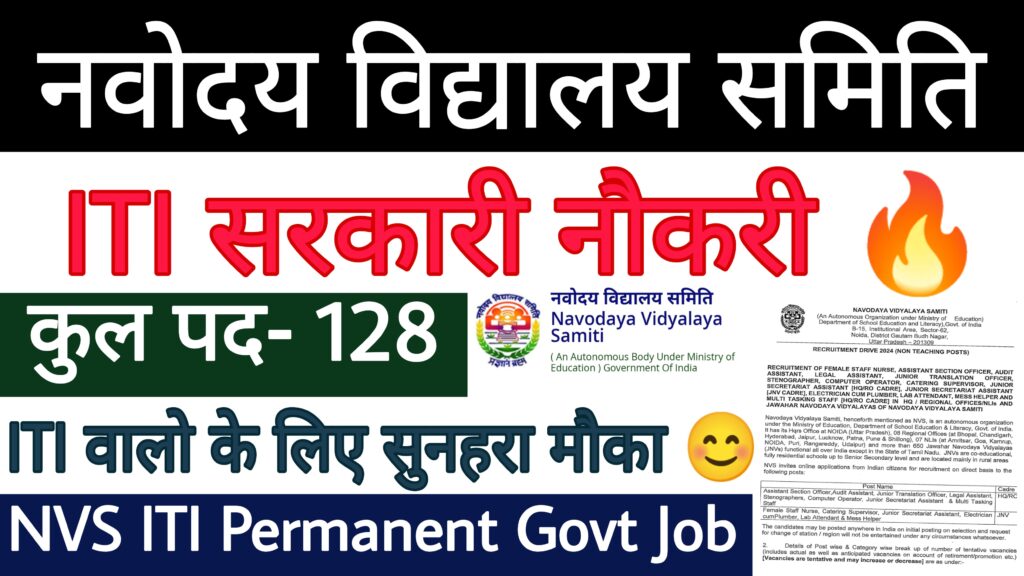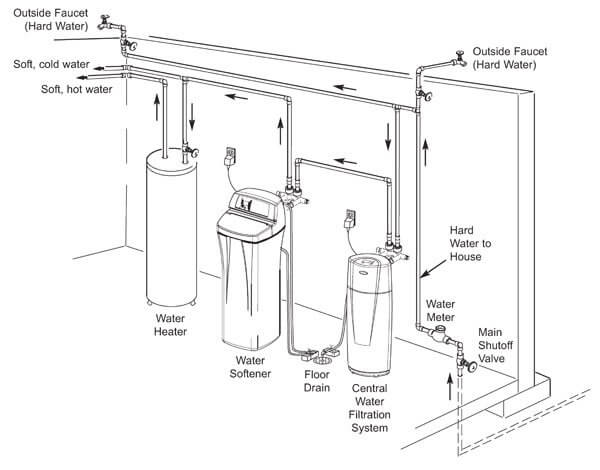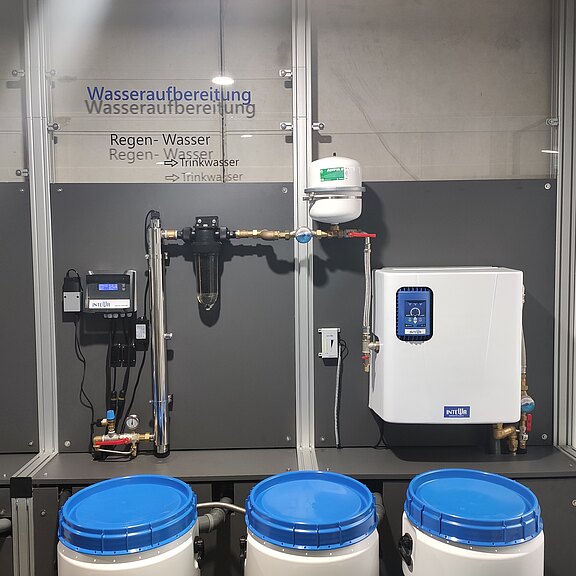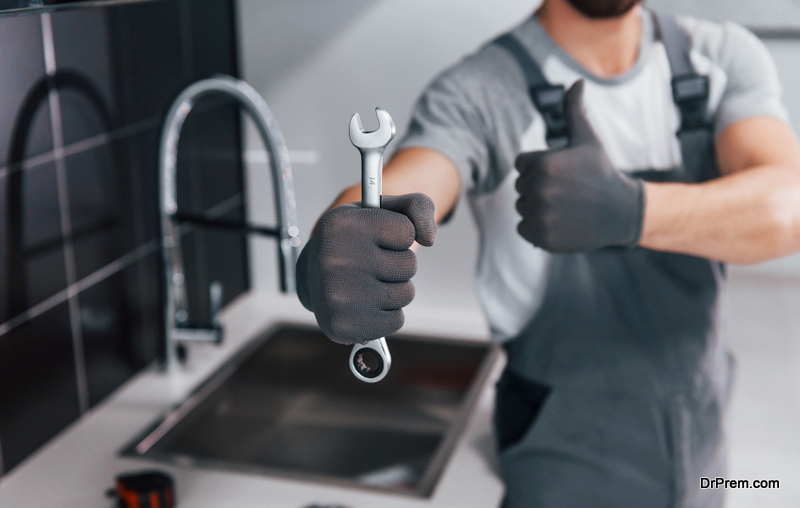
Introduction to Plumbers
Definition and Role
Plumbers are skilled tradespeople who specialize in the installation and repair of systems used for water, sewage, and drainage. Their role is crucial in ensuring the proper functioning of plumbing systems in residential, commercial, and industrial settings. Plumbers are responsible for interpreting blueprints, determining the layout of plumbing systems, and installing pipes, fixtures, and appliances. They also diagnose issues, troubleshoot problems, and perform repairs to maintain the efficiency of plumbing systems. Additionally, plumbers may work on new construction projects or renovations, ensuring that all plumbing installations meet building codes and regulations.
Activity Sectors
The plumbing industry offers a wide range of job opportunities for plumbers across various sectors. Plumbing technicians form the foundation of the industry, handling day-to-day installations, maintenance, and repairs. Pipefitters and steamfitters specialize in working with specific types of pipes and fittings, often in industrial settings. Plumbers can also take on roles as pipelayers, gas service technicians, project managers, and even business owners, showcasing the diverse career paths available in the field. With continuous education and advancement opportunities, the plumbing industry remains a dynamic and rewarding sector for skilled professionals looking to make a difference in maintaining essential infrastructure.

Education and Training for Plumbers
Required Education (ITI)
Plumbers are professionals who play a vital role in installing and maintaining various plumbing systems. To pursue a career in plumbing, individuals can opt for education and training programs offered by community colleges and vocational schools. These programs, such as an Associate of Science in Plumbing and Heating Technology, equip students with the necessary skills needed in the field. Whether it’s fabricating sewage disposal piping or handling household maintenance, these educational programs cover a wide range of essential skills for aspiring plumbers.
Trade schools also provide a great option for individuals looking to enter the plumbing industry. These institutions offer focused training specifically tailored to the requirements of becoming a plumber. By enrolling in plumbing trade schools, students can gain both theoretical knowledge and practical experience, preparing them for a successful career in the plumbing sector.
Furthermore, plumbers typically require a combination of classroom instruction and hands-on training. Educational programs at community colleges or vocational schools offer a balanced curriculum that covers technical aspects, building codes, safety regulations, and practical skills. Completing such programs provides individuals with a solid foundation to start their careers as plumbers with confidence and expertise.
Related Jobs
After completing plumbing education and training programs, individuals have various career paths to choose from in the plumbing industry. Some possible careers include:
Plumbing Technicians/Apprentices: These professionals work under the guidance of experienced plumbers to gain practical skills and knowledge in the field.
Pipefitters: Specializing in working with specific types of pipes and fittings, pipefitters often work in industrial settings to install and maintain piping systems.
Gas Service Technicians: These professionals focus on installing and maintaining gas systems, ensuring they operate safely and efficiently for residential and commercial properties.
With the diverse range of career opportunities available, individuals who undergo proper education and training in plumbing can pursue rewarding careers in various sectors of the industry.

H2 Title:
History of Plumbing
Origins of the Word Plumber
The term ‘plumber’ finds its roots in the Roman Empire. Derived from the Latin word “plumbum,” meaning lead, it references the material that was commonly used in plumbing pipes during ancient times.
Evolution of Plumbing Systems
Throughout history, plumbing has been a crucial element in the advancement of civilizations. The innovation and refinement of plumbing systems have been a continuous process spanning thousands of years. From the first sanitation systems in Mesopotamia to the development of indoor toilets in upper-class societies, plumbing has played a vital role in improving sanitation and quality of life.
Plumbing systems have evolved significantly, leading to the creation of separate bathrooms, indoor toilets, and complex networks of pipes to facilitate water supply and waste disposal. The constant improvements in plumbing technology have made it an essential aspect of modern living, ensuring access to clean water, proper sanitation, and efficient drainage systems.
Today, the plumbing industry continues to make advancements in eco-friendly practices, water conservation, and smart technologies to enhance efficiency and sustainability. Plumbers, equipped with the necessary education and training, play a pivotal role in maintaining and upgrading these intricate systems to meet the evolving needs of society. Career paths in plumbing offer diverse opportunities, including plumbing technicians, pipefitters, and gas service technicians, where individuals can contribute to building and maintaining essential infrastructure in residential, commercial, and industrial settings.
Overall, the evolution of plumbing systems reflects the continuous efforts to enhance living standards, promote public health, and ensure sustainable resource management through efficient water distribution and waste disposal mechanisms.

H2 Title:
Types of Plumbing Activities
Installation of Water Systems
When it comes to plumbing activities, one crucial aspect is the installation of water systems. Plumbers specializing in this area are well-versed in setting up various types of plumbing systems to ensure efficient water supply. From understanding different plumbing system types to adhering to plumbing codes, these professionals play a key role in guaranteeing clean water supplies in residential, commercial, and industrial settings.
Maintenance of Sewage Systems
Another essential type of plumbing activity is the maintenance of sewage systems. Plumbers focusing on this area are responsible for conducting routine inspections and testing on sewer systems to ensure their proper functioning. By performing maintenance tasks such as unclogging drains, repairing leaks, and addressing any sewage system issues, these experts play a critical role in maintaining hygiene and sanitation standards in different environments.
As plumbing continues to evolve, professionals specializing in various plumbing activities are essential in ensuring the seamless operation of water and sewage systems. With their expertise and dedication to quality service, these plumbers contribute significantly to the overall efficiency and functionality of plumbing infrastructure across different sectors.

H2 Title:
Dangers Faced by Plumbers
Occupational Hazards
Plumbers encounter various risks and hazards during their work that can pose dangers to their health and safety. Exposure to hazardous substances is a common occupational hazard for plumbers, including biohazardous materials like chemicals, lead, mold, asbestos, raw sewage, and sulfur dioxide. These substances can have serious health implications if proper precautions are not taken. Additionally, slips, trips, and falls are frequent occurrences due to leaks and wet working conditions, leading to potential injuries such as cuts, fractures, or broken bones.
Furthermore, the loud noises generated by banging tools, pipes, or plumbing machinery can result in hearing loss over time. Electric shock is another risk faced by plumbers, especially when working on metal pipes. Burns from hot water, steam lines, or power tools are also prevalent hazards in the plumbing profession. Moreover, musculoskeletal injuries, such as tendonitis or strains, can develop from repetitive movements and working in cramped or awkward spaces.
Safety Measures in Plumbing
To mitigate these occupational hazards, plumbers must prioritize safety measures while performing their duties. Proper personal protective equipment (PPE) is crucial to safeguard against exposure to hazardous materials. This includes wearing gloves, eye goggles, and breathing masks to protect the skin, eyes, and respiratory system from harmful substances. When dealing with septic tanks and sewage pipes, plumbers should adhere to established safety protocols to minimize risks.
Moreover, following safety guidelines, adhering to regulations, and undergoing proper training are essential practices to prevent accidents and injuries in the plumbing profession. Regular equipment maintenance and inspections can also help identify potential hazards early on, ensuring a safer working environment for plumbers. By implementing these safety measures, plumbers can effectively mitigate risks and protect their well-being while carrying out their essential plumbing tasks.

H2 Title:
Importance of Potable Water Systems
Drinking Water Production
In Australia, where the standard of living is highly valued, maintaining a well-functioning plumbing system is crucial for ensuring clean and safe potable water flows into homes. Plumbers play a significant role in maintaining the quality of drinking water by installing and repairing systems that uphold water quality standards. They work to ensure that water treatment processes are efficiently carried out, removing impurities and contaminants to deliver safe drinking water to households and businesses.
Hot-Water Systems
Another essential aspect of plumbing is the installation and maintenance of hot-water systems. Plumbers are responsible for ensuring that hot water is readily available for various purposes such as bathing, washing dishes, and laundry. They play a vital role in installing water heaters, boilers, and other hot-water systems to meet the specific needs of residential and commercial properties. Properly functioning hot-water systems not only enhance convenience but also contribute to overall hygiene and comfort in everyday life.
Plumbers, through their expertise in maintaining potable water systems, contribute significantly to public health by safeguarding water quality and ensuring the efficient delivery of clean water to communities. Their dedication to upholding safety standards and implementing effective water treatment solutions is paramount in preserving the well-being of individuals and protecting the environment from potential hazards related to contaminated water sources.

H2 Title:
Sustainability in Plumbing Practices
Eco-Friendly Plumbing Solutions
Plumbing professionals are at the forefront of promoting sustainability by implementing eco-friendly plumbing solutions. From utilizing low-flow fixtures to recommending energy-efficient appliances, plumbers help homeowners and businesses reduce their environmental impact. By suggesting and installing water-saving toilets, faucets, and showerheads, plumbers enable clients to conserve water and lower their utility bills simultaneously. Additionally, promoting the use of eco-friendly materials in piping and insulation contributes to a greener environment while ensuring the longevity of the plumbing system.
Water Conservation Techniques
Water conservation is a critical aspect of sustainable plumbing practices that plumbers advocate for. By educating clients on the importance of water conservation and implementing techniques such as rainwater harvesting, greywater recycling, and leak detection and repair, plumbers play a pivotal role in reducing water wastage. Offering advice on proper irrigation methods and landscape design to minimize water usage in outdoor spaces further underscores the commitment of plumbers to promoting sustainable water practices. Through these efforts, plumbers not only help conserve water resources but also assist in lowering utility costs for households and businesses.
Plumbers’ dedication to sustainability in plumbing practices not only benefits individual clients but also contributes to a collective effort in environmental conservation. By prioritizing eco-friendly solutions and water conservation techniques, plumbers elevate the standard of living while safeguarding precious natural resources for future generations. Their expertise and commitment to sustainability make them indispensable allies in the global movement towards a greener and more sustainable future.

H2 Title:
Advancements in Plumbing Technology
Smart Plumbing Systems
Plumbing professionals are embracing the latest advancements in technology to enhance their services, such as smart plumbing systems. These systems utilize cutting-edge technology to monitor and regulate water flow and pressure within plumbing infrastructures. By incorporating smart plumbing solutions, professionals can offer customers efficient and convenient ways to manage their water usage, leading to improved system performance and reduced water wastage.
Innovative Tools for Plumbers
In addition to smart plumbing systems, innovative tools are revolutionizing the way plumbers operate. From high-tech inspection cameras for detecting pipe issues to advanced leak detection equipment, these tools enable professionals to diagnose problems quickly and accurately, saving time and minimizing disruptions for customers. By staying updated with the latest tools and technologies, plumbers can deliver better service, meet customer expectations, and outperform competitors in the ever-evolving plumbing industry.
Plumbers who leverage technology and innovative tools not only streamline their workflow but also enhance the overall customer experience. By embracing these advancements, professionals in the plumbing sector contribute to a more sustainable and efficient future for both their businesses and the environment.